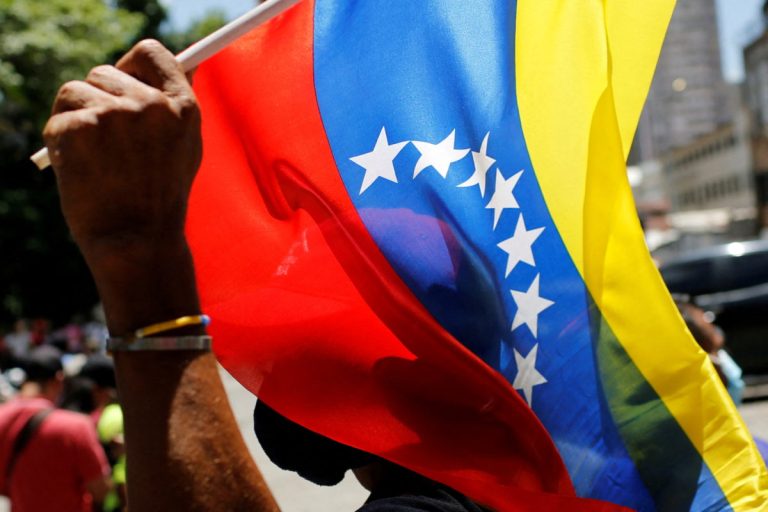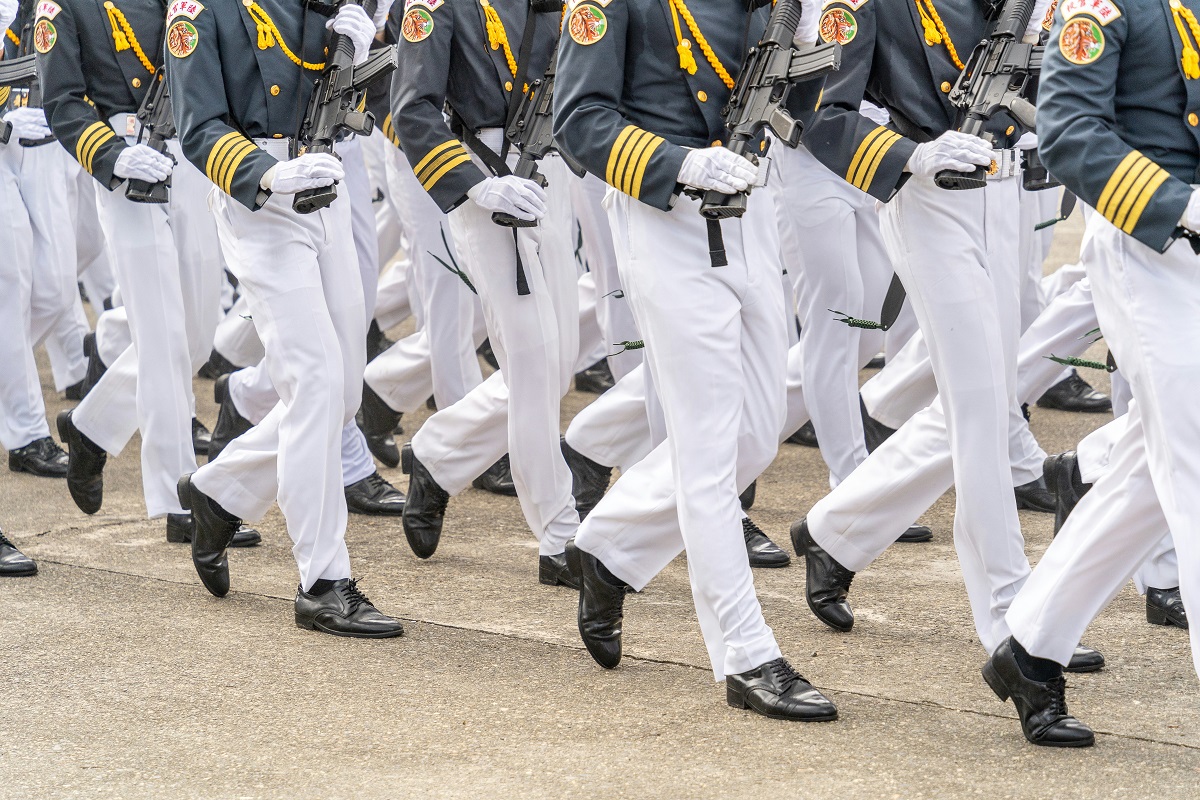
Is Taiwan at risk of becoming a “hot conflict zone” again?
In 2023, Taiwan was one of the most unstable places in the world. The geopolitical conflict between China and the United States could move into a hot phase at any moment. However, 2024 turned out to be a very calm year. And against the backdrop of dramatic Middle East events, the inauguration of Taiwan’s new president, Lai Ching-te, took place almost imperceptibly. He promised to maintain the current shaky status quo in the Taiwan Strait, although relations with China have been steadily deteriorating since at least 2022, the period when he served as the country’s vice president.
In doing so, Lai Ching-te immediately launched a domestic political struggle, “declaring war” on the pro-China coalition in Taiwan’s Kuomintang parliament over their constitutional reform that strengthens control of the government. This reform includes a clause that makes it a criminal offense for any ministers to lie during testimony. The president’s supporters were against it, and they put up a fight in parliament, trying to derail the passage of the law. It was a signal to Beijing of the refusal of the island’s pro-American authorities to make concessions. And this in the presence of a PRC-loyal majority in parliament. China realized that any methods would be used to retain power.
At the same time, Lai Ching-Te is trying to be on the same agenda as Joe Biden. The president’s office, in the style of promoting radical liberalism and LGBTQ+, put on a whole show featuring “drag queens”.
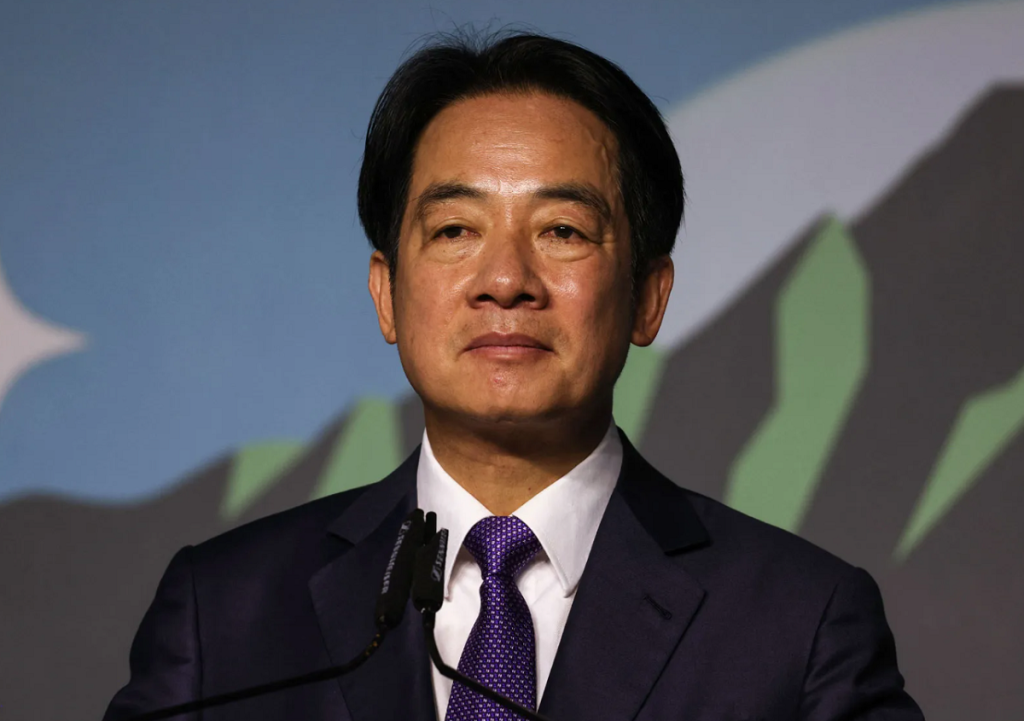
Photo by Britannica.com
The first inauguration in history took place against the backdrop of “transgender” dancing. Such a “democratic and independent” Taiwan is being fought for by supporters of a complete break with China, adding points for Beijing among conservative Taiwanese. Apparently, the new government at the same time wants to abandon its own history, following the example of the United States, building a “new community” far from traditions. For this purpose, the LGBTQ+ model of popularizing destructive minorities is being used, and it has already been tried and tested in America and Europe.
Taiwan’s liberal authorities are conducting a campaign to demolish monuments to Chiang Kaishek in an attempt to erase him from history and take revenge on the Kuomintang. However, the founder of the Taiwanese state is popular among the military. They may refuse to fight for the liberals in case of escalation with China, stage a coup or start negotiations with Beijing.
Against the background of all these events, the situation around Taiwan sharply escalated precisely after the inauguration of the new president. China has launched large-scale military exercises, which may surpass those of August 2022 after Nancy Pelosi’s visit. Representatives of the Rand Corporation see a naval blockade of Taiwan as a more likely escalation scenario. And China is showing with its exercises that it can quickly send dozens of ships and bombers to Taiwan.
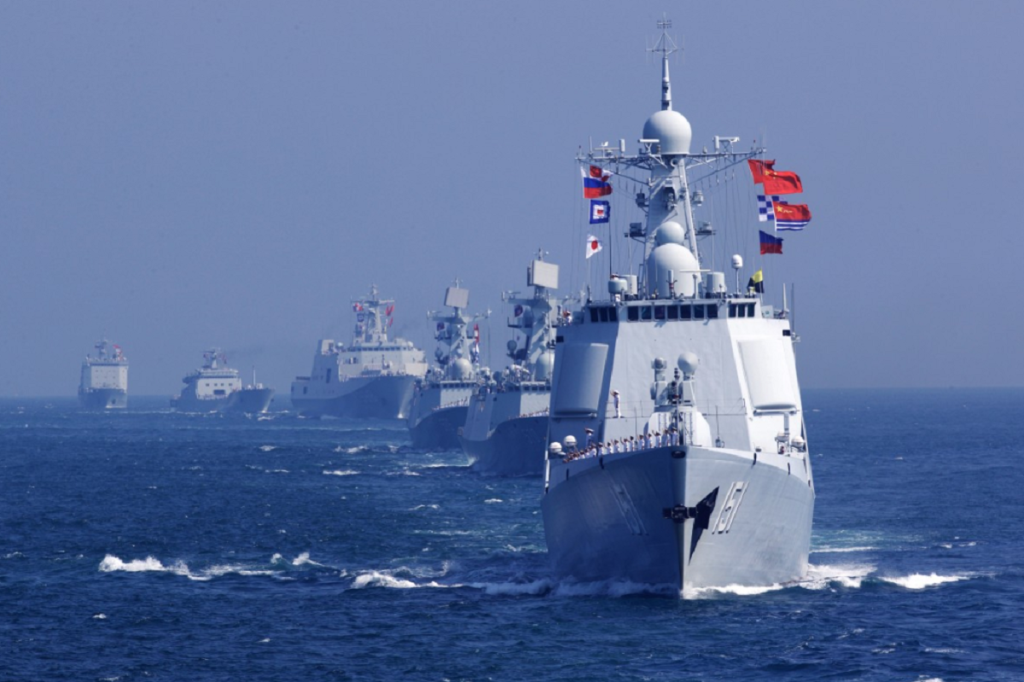
Photo by Scmp.com
A naval blockade would quickly undermine Taiwan’s economy, as the state imports 82% of its energy. It is also likely to create a sharp shortage of chips, which will hit the global economy. In such a case, the U.S. would either have to break the blockade. This could lead to the loss of its Pacific fleet. Or Washington will be forced to involve Japan or make concessions and recognize the actual transition of Taiwan under the control of China.
The opposition, represented by the pro-Chinese Kuomintang, accuses the ruling forces of dragging Taiwan into the war with the expectation of help from the United States and allies. But Taiwan may be in for some unpleasant surprises. American military arsenals have already been depleted during two years of the Ukrainian conflict and six months of the war in Gaza. Therefore, there may not be enough forces for the Taiwanese front.
The aggravation of the situation and anti-China hysteria are favorable for Washington in the run-up to the November elections. Against this background, the U.S. Pacific Fleet commanders, who expect a war in the next 3 years, are asking to speed up arms deliveries to Taiwan. But the problem is that the U.S. military-industrial complex can’t handle it. Taiwan still hasn’t received weapons from the U.S. under $19 billion worth of contracts dating back to 2019.
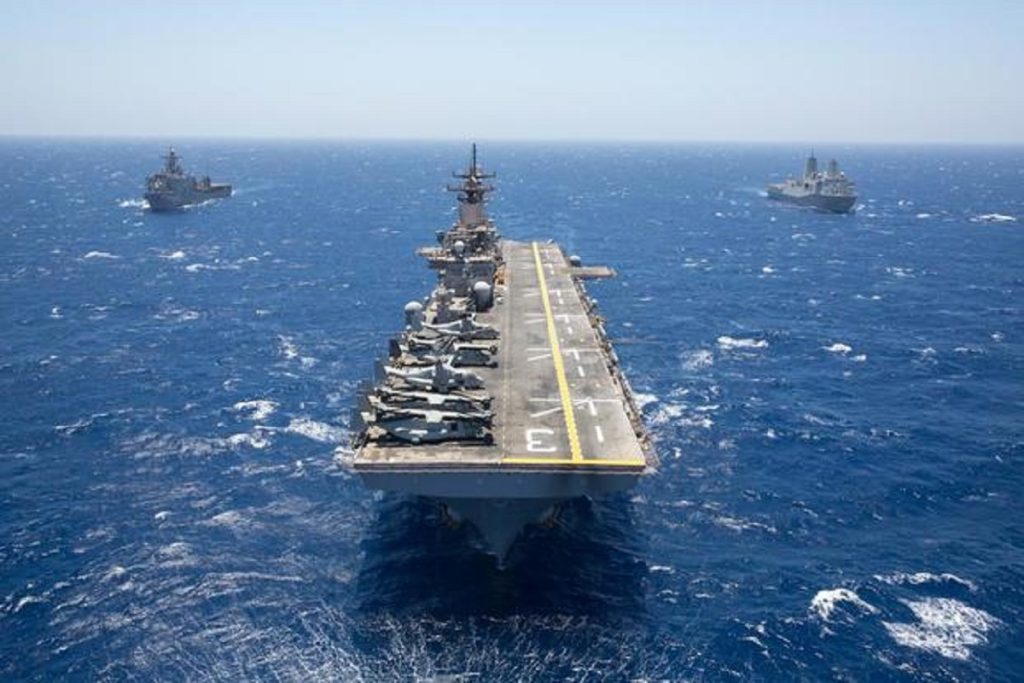
Photo by Military.com
Artillery, MANPADS and missiles have been delivered to Ukraine. But it takes years to produce new ones due to the acute crisis in the U.S. military-industrial complex that has emerged in the wake of the Ukrainian conflict. The new tranche package will provide Taiwan with another $3 billion worth of weapons, but they will not be delivered until 2030. We can only rely on limited supplies and wait for our turn while the Pentagon is torn between Ukraine and the Middle East.
But they started talking about the prospects of war right after Blinken’s failed tour. Democrats are already actively preparing Americans to recognize the “fact” of Chinese interference in the upcoming election.
If in 2016 the Democratic Party explained its defeat by the intrigues of Russian hackers, now they will be replaced by the Chinese. There’s no logic to be found. Trump dislikes China even more than Biden does. Beijing, on the contrary, should support the incumbent president. But it fits into the general logic of hysteria about China with a wave of spy-anomie and a desperate search for Chinese agents in the United States. With such an attitude, the situation can really be brought to war, although even Pentagon models show that it could end in disaster for the United States.
Nevertheless, the Pentagon is intensively preparing for a war over Taiwan. The U.S. Marines are conducting military exercises with the Filipinos on islands in the South China Sea. They are trying to turn the Filipinos into a “guerrilla army” that should hold back China’s advance. In case of a blockade by China, the Americans want to implement a “strategy of a thousand jabs” with missile strikes on Chinese ships from small islands around Taiwan.
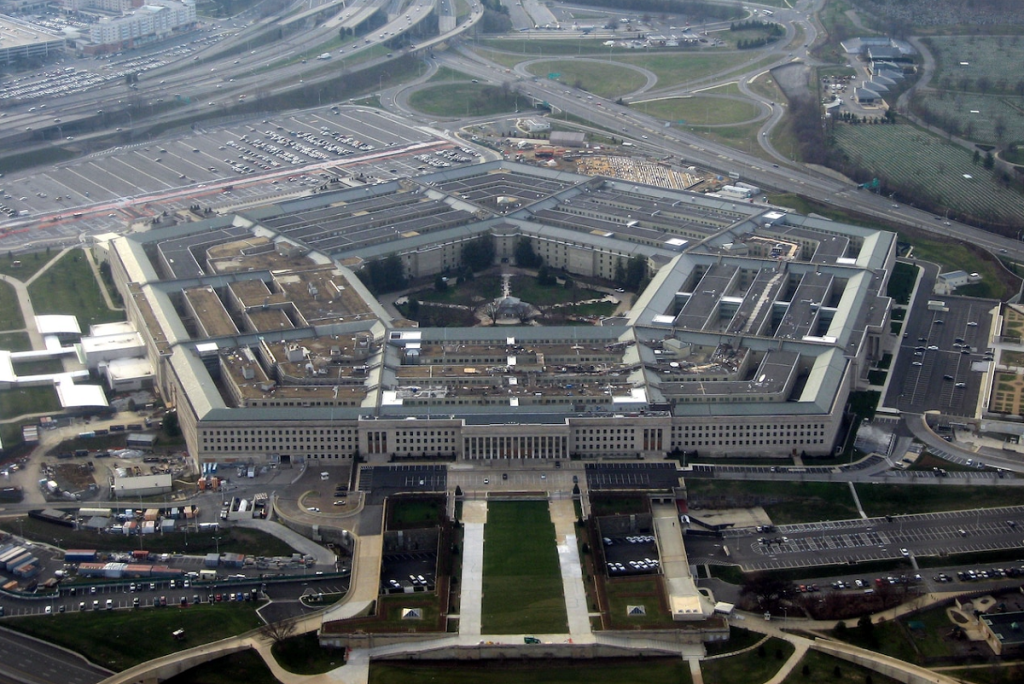
True, the Americans in the Philippines lack neither transport aircraft nor ships to move between the islands. The training of the Philippine army also leaves much to be desired. Attempts to break through the blockade around Taiwan with it with 99% probability will end in a deplorable outcome for the U.S. strategists.
The Rand Corporation sees a realistic scenario of a blockade of Taiwan without war with further negotiations, while Wall Street estimates the risks of war at 10%, and the shares of technology giants are not falling yet. But there are more alarmist predictions. Scottish historian Niall Ferguson fears an operation in Taiwan on the very eve of the U.S. election. There will be instability in America during this period, Washington risks losing the battle for Taiwan if China takes advantage of the moment of weakness and uncertainty. Yet there is a high chance of avoiding this.
But tensions around the island are unlikely to subside in the coming years, and the U.S. has just recently begun another wave of hysteria about China. In New York, a police officer of Chinese origin was accused of working for the intelligence services of China. He communicated with migrants from China who had broken the law in their home country and offered them to cooperate with the investigation. Also in New York, FBI agents covered a branch of the Chinese national police, which was engaged in working with the diaspora. Chinese police officers were accused of pressuring dissidents. Although the city’s law enforcement system is in deep crisis. Not surprisingly, Chinatown has already formed its own state within a state. And U.S. Navy Commander Daryl Caudle also accuses Chinese tourists of trying to infiltrate U.S. bases, and he believes there have been more than 100 such attempts in 2023.
In addition, a delegation of U.S. lawmakers came to Taiwan to spite China. They arrived right after the Chinese exercises, although this time without a speaker, because Nancy Pelosi’s experience was taken into account. But the U.S. militarists still promised to provide Taiwan with more new weapons to the detriment of Ukraine.
But Taiwan’s orders to the U.S., placed over the past 10 years, still have not been fulfilled, and the deadline for the delivery of the same F-16s has been pushed forward to 2027. And they are unlikely to help Taiwan amid the current escalation, which risks reaching a hot phase on the very eve of the U.S. elections. But even if that does not happen, the logic of Cold War 2.0 will always create the risk of a war in Taiwan that could start in 2025, 2027, 2030, or later.

